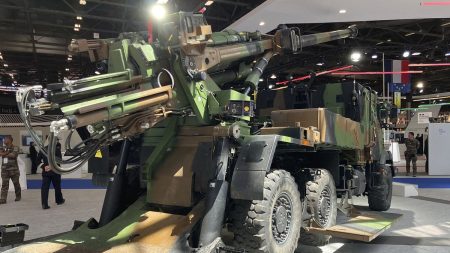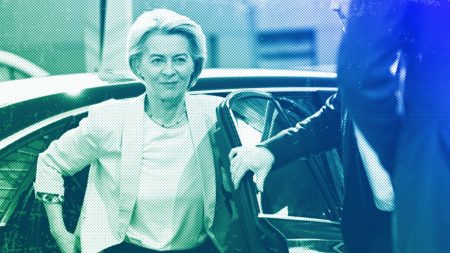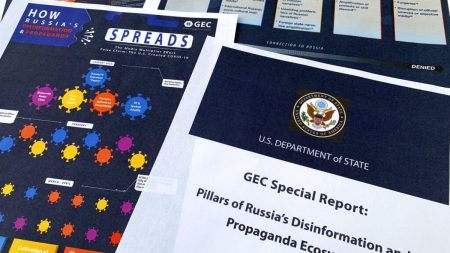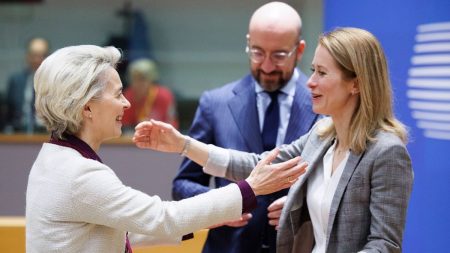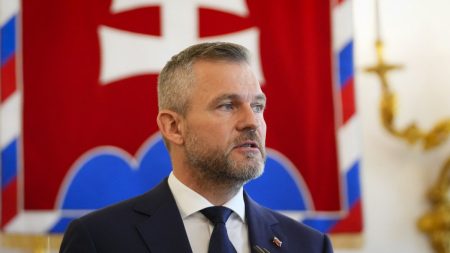Pope Francis made history by addressing leaders at the G7 Summit in southern Italy, becoming the first pontiff to do so. At a special roundtable, he emphasized the importance of keeping human dignity at the forefront of developing and using artificial intelligence. The Pope warned against the potential dangers of allowing machines to make decisions that should be left to humans, stating that humanity could face a future without hope if people’s ability to make choices about their lives is taken away. He stressed the importance of ensuring that decisions, particularly in critical situations, remain in the hands of human beings rather than machines.
Francis brought his moral authority to bear on the Group of Seven, highlighting the ethical considerations surrounding AI that are increasingly becoming a focus of international discussions. He called on politicians to prioritize a human-centric approach to AI to ensure that crucial decisions, such as the use of weapons, are always made by humans. The Pope criticized autonomous weapons and emphasized the need for greater human control to prevent machines from choosing to take human lives. The G7 leaders’ final statement reflected these concerns, pledging to coordinate governance and regulatory frameworks to keep AI ‘human-centered’ while acknowledging potential impacts on labor markets and the justice system.
The G7 leaders acknowledged the role of AI in the military domain and the importance of responsible development and use. They emphasized the need for a framework that ensures the military use of AI complies with international law, particularly international humanitarian law, and enhances international security. The summit saw a collective push for stronger guardrails on AI, with countries and global bodies advocating for ethical considerations and human oversight in the development and deployment of AI technologies. The Pope’s presence at the summit added moral weight to discussions on the perils and promises of AI and highlighted the significance of prioritizing human values in the technology-driven world.
By addressing the G7 leaders, Pope Francis brought attention to the moral implications of advancing AI technology and the importance of ensuring that human values remain central in its development and use. He cautioned against the dehumanizing effects of allowing machines to make decisions that should be made by individuals, stressing the need for human oversight and control in critical decision-making processes. The final statement from the G7 summit reflected these concerns, with leaders committing to a human-centered approach to AI that prioritizes inclusive, sustainable development while managing potential risks. The summit marked a collective effort to address ethical considerations and regulatory frameworks surrounding AI, with a focus on human rights and international security in the context of military applications.
As the first pontiff to address the G7 Summit, Pope Francis used his moral authority to urge world leaders to consider the ethical implications of AI and prioritize human values in its development. His message resonated with the final statement of the summit, which emphasized the importance of a human-centered approach to AI and the need for greater coordination in governance and regulation. The Pope’s call for politicians to lead in ensuring that AI remains human-centric and that decisions with significant consequences remain in human hands underscored the urgency of addressing ethical considerations in the fast-evolving technological landscape. The G7 leaders’ commitment to responsible development and use of AI, particularly in the military domain, signaled a collective effort to navigate the challenges and opportunities of AI while upholding international law and ethical standards.










